Savvy Spotlight: Speech & Language Pathologist Marsha Rosenberg
One Woman's Passion to Help Children Communicate
Doing what she does best even after retirement — offering language therapy and communication support to Japan’s international community.
Even on retirement, speech and language pathologist Marsha Rosenberg, 67, was not ready to give up her vocation and passion: supporting children with their communication.
At 65, shortly after retiring from her job as a language specialist at the American School in Japan, she began a full-time private practice in Tokyo’s Minato Ward offering language therapy to patients as well as literacy support to native-English-speaking children attending Japanese schools.
In addition, Rosenberg manages the intake for the Tokyo Association of Foreign Speech and Language Pathologists, carrying out initial assessments of children and consultations with their families before referring them to a speech and language pathologist in the Tokyo and Yokohama areas.
Savvy Tokyo caught up with Rosenberg to find out what drives her and what families can learn from her wealth of experience in language.
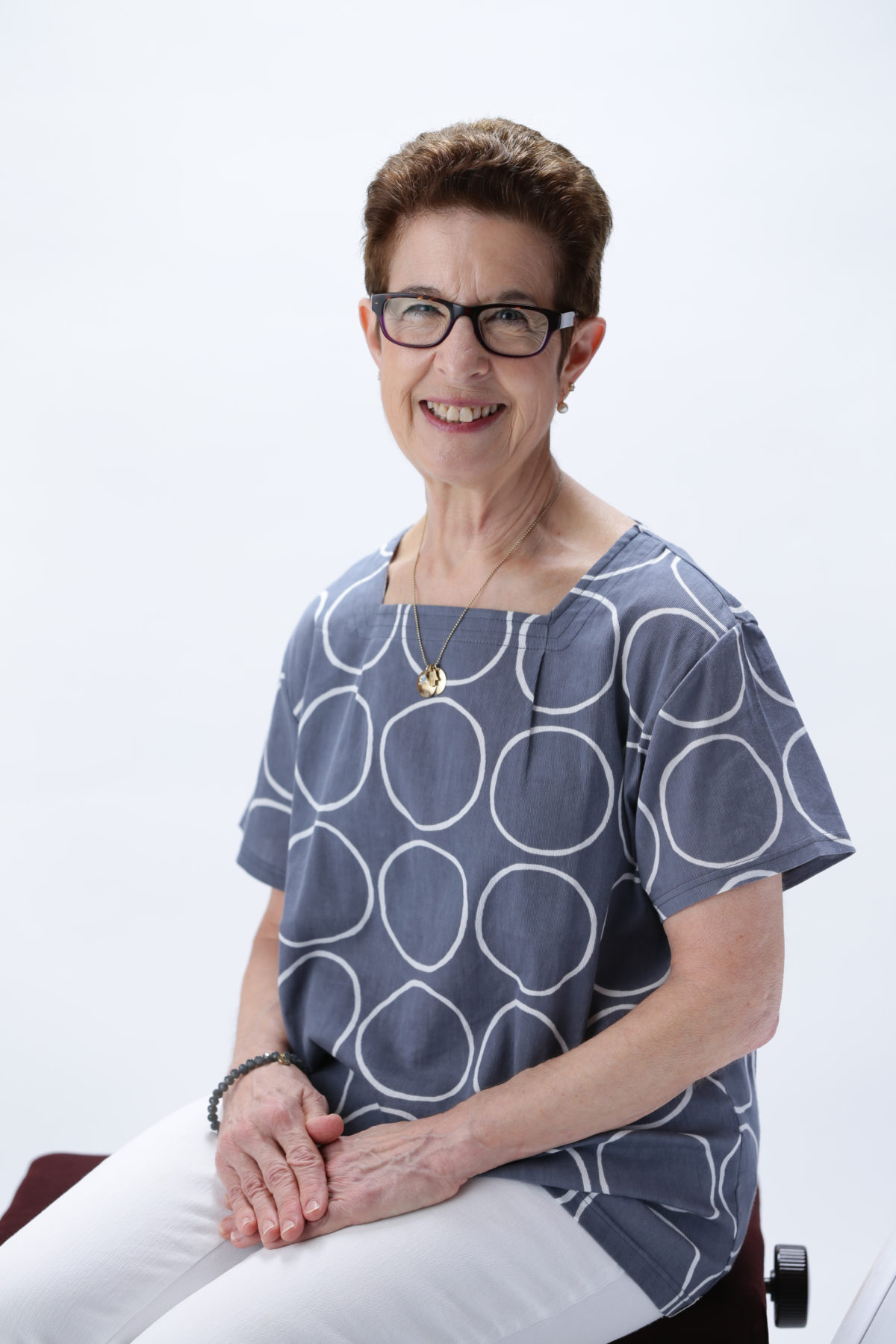 © Photo by Yuuki Iide
© Photo by Yuuki Iide
What brought you to Japan?
My husband was a Japanese history major and wanted to study Japanese so we came together, as English teachers, in the early 70s. We fell in love with Japan. We went back to the United States where I got a Master’s degree and then we decided to return to Japan. I started working in Tokyo as a speech and language pathologist at Nishimachi International School and the American School in Japan (ASIJ).
Why did you set up your practice?
ASIJ had mandatory retirement at age 65 but I wasn’t ready to ready to stop doing speech and language work. There is a great need for it in Tokyo’s expat community and I will continue doing it for as long as I can.
Speech and language pathology is a great pleasure for me. I get a sense of satisfaction in seeing the progress that all the kids make. I love doing my job every single day. And I also think that, after many years of experience, I really understand the needs of the children in the expat community. I hope that’s a service I offer.
After many years of experience, I really understand the needs of the children in the expat community.
How has speech and language pathology changed over the years?
I definitely think parents are more aware now of the need for early intervention, which is really positive. Also, the early identification of kids with autism has become more prevalent. I see lots of young children who either have a diagnosis or need a diagnosis of autism, and the earlier these families begin to get intervention the better it is for their child. I have also found that parents, even in a bicultural family with a bilingual child, are much more aware of language development than I would say 20 years ago.
How does that affect your work?
It makes it a little bit more challenging. There are more referrals and more kids with needs. And often I’m finding kids with more significant needs than maybe I did 25-30 years ago because those families probably weren’t coming overseas then and now they are.
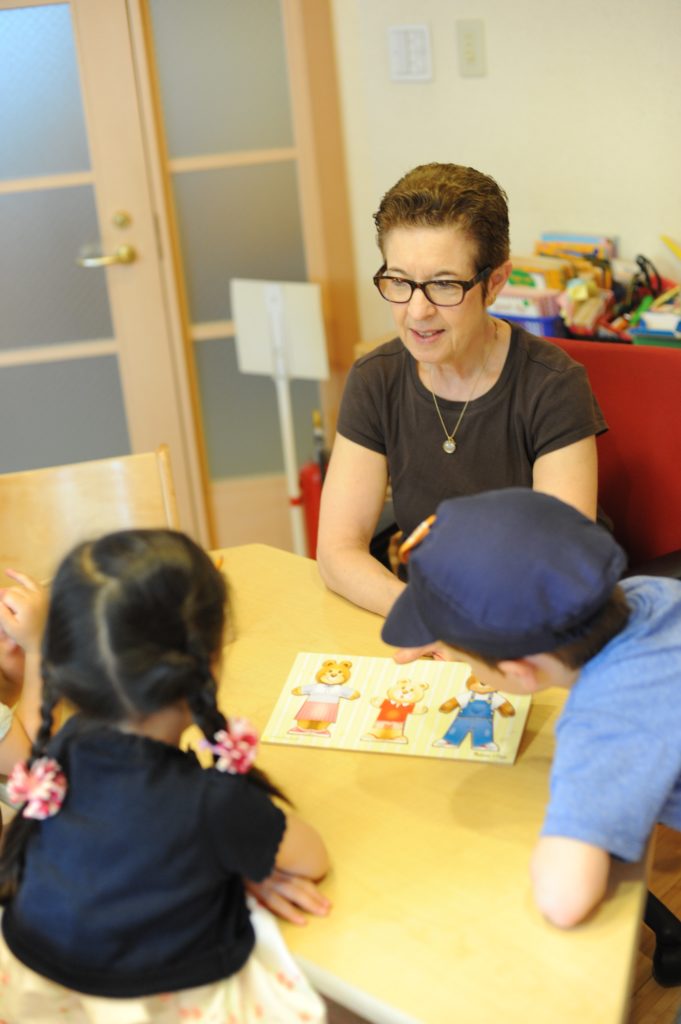
What drew you to work in bilingualism?
When we came back to Japan, our daughters were little and we wanted them to learn Japanese. There are no bilingual schools in Tokyo (that teach half the time in English and half the time in Japanese), only dual language schools that offer Japanese as a language.
If there are only native English speakers at home, the only way for the kids to gain a native-like level of Japanese is to be immersed in it so we put our daughters in a Japanese school. It was easy for them to learn Japanese but the effort came in teaching them English reading and writing; it had to be taught separately so they could maintain their grade level. They then transferred to international school around fifth grade. The process piqued my interest in bilingualism.
I offer literacy programs for kids who are planning on entering international school at around fourth or fifth grade, to ensure they will have the reading and writing level of their peers. It’s a lot of fun because it’s very different from working with children with a disorder or a language difficulty. These kids have very sophisticated language skills; they just need to learn to read and write so it’s a nice challenge for me.
All of the research has indicated that early intervention is the best help for language disorders and autism; the earlier you can intervene, the better.
What challenges did you face in setting up your practice?
As I run the practice from my home, I had to adjust to a very different schedule to when I worked at the schools. I see some kids in the morning and then maybe some at midday and then a lot after school.
When I was at ASIJ, I was working in the early learning center with young children but now I see children of a range of ages. Each child also has a different need so my preparation was huge at first: it took almost the same length of time as did the therapy.
I also wasn’t used to the business part: the scheduling and billing. I had never really done that so it was a big adjustment. Now I have got into a good schedule and routine for the business end of it and my husband helps me with that, too.
What do you do in your spare time?
I exercise every day. I have two grandchildren that I watch in the late afternoon and early evening. I love to cook and bake. I’m in a book group and I read a lot. I also teach Sunday school so I am busy every single day. There’s not too much down time but I’m OK with that.
[P]arents know best. If they have the feeling that there’s something not quite right, they’re probably right.
What should parents do if they have concerns about their child’s speech?
They should definitely contact me for an initial consultation because my experience has shown that parents know best. If they have the feeling that there’s something not quite right, they’re probably right. Parents have an instinct for what is happening with their child and it’s always best to check it out. All of the research has indicated that early intervention is the best help for language disorders and autism; the earlier you can intervene, the better.
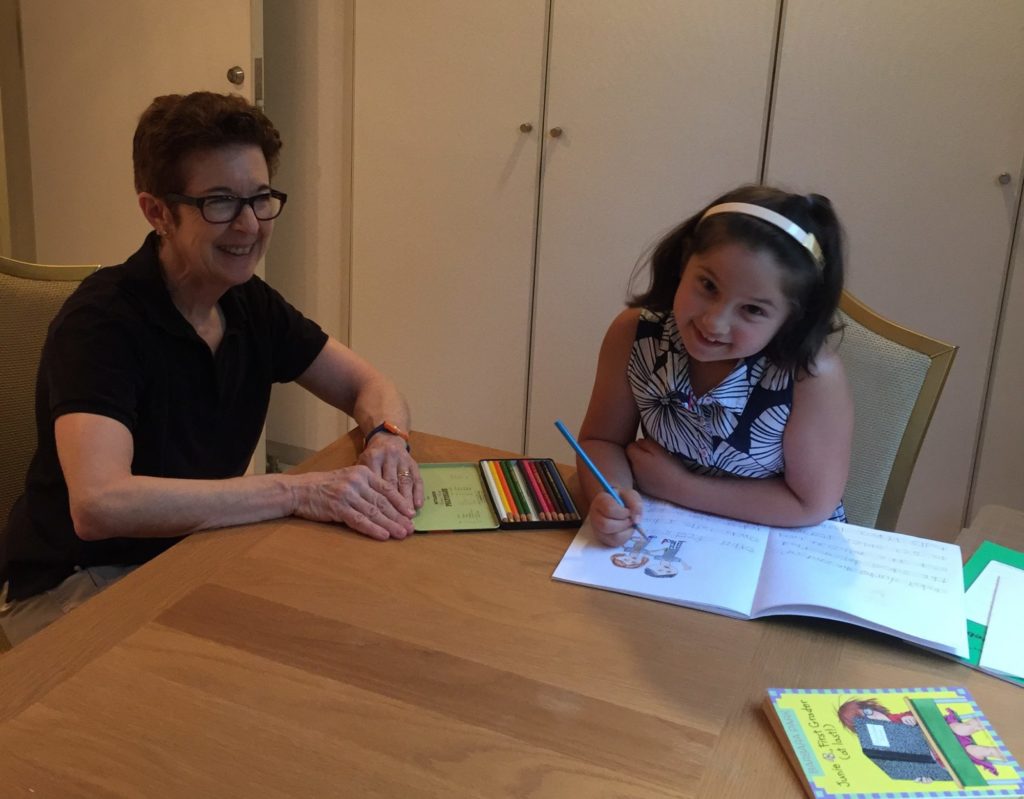
What advice would you give parents who want their child to be bilingual?
My recommendation for two English-speaking parents is always to send the child to Japanese school, both for the language and cultural experience. Being immersed in a language in an educational setting is very different to just learning a language in a language class.
If that’s not possible and the child is going to international school, parents should provide opportunities to use Japanese in a communicative situation, such as a class, piano lessons, a baseball team, or a drama group.
For bicultural families, which have the gift of one parent who speaks one language and one who speaks another, that’s a little bit easier. Then the decision just comes to what to do for education. For the child’s non-academic language, the family should provide opportunities for literacy and language use in a variety of situations.
Contact
If you have speech and language concerns in English, you can email Marsha at marshaslp@gmail.com
Savvy Spotlight is a monthly feature introducing foreign and Japanese women at the frontline of what’s successful, contributing, cool, unique and interesting in the city. If you have anyone in mind you would like us to interview, leave us a comment below with your recommendations!












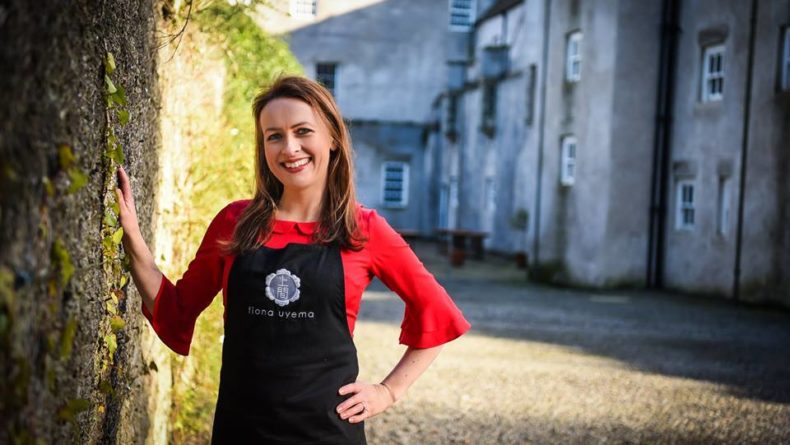

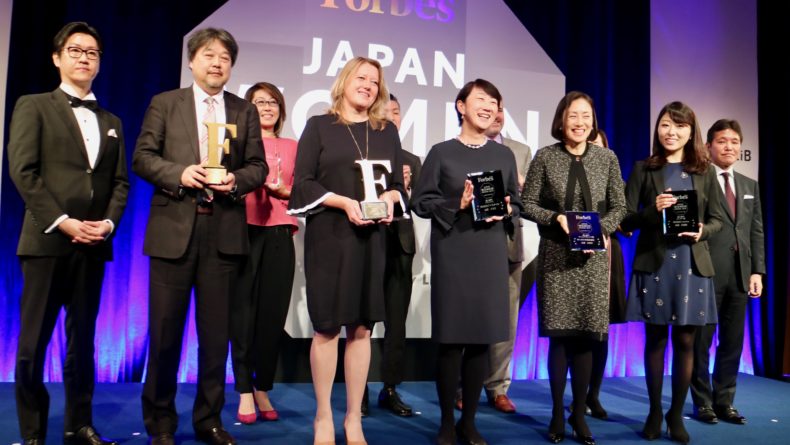
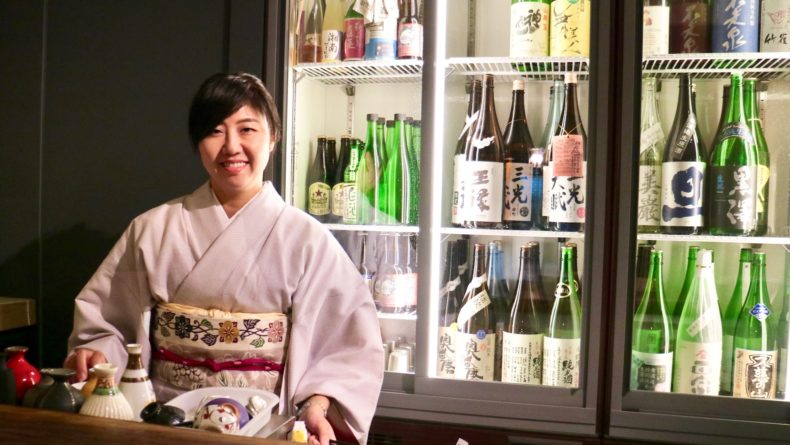
Leave a Reply